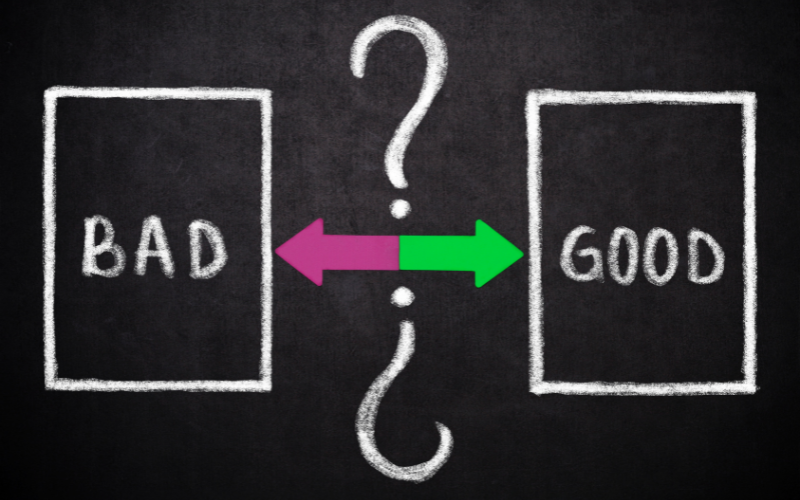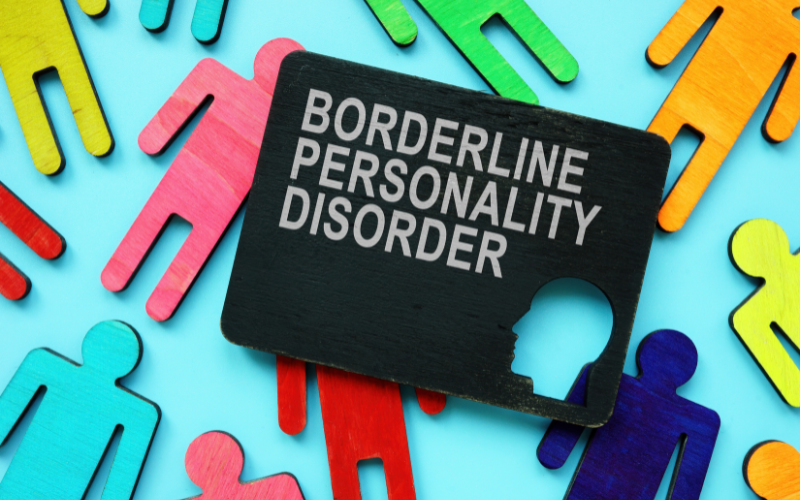Mood swings are a common experience for many people. They can range from minor fluctuations in mood to severe changes in emotions and behavior. Mood swings can be caused by various factors, including hormonal changes, stress, and medical conditions. While mood swings are a normal part of life, they can be disruptive and challenging to deal with. In this comprehensive guide, we’ll explore the causes, symptoms, and ways to manage mood swings effectively.
Mood Swings meaning
Mood swings can feel like a rollercoaster of emotions. One moment you may feel happy and energized, and the next moment you may feel sad and hopeless. Fluctuating mood can cause rapid shifts in mood, leading to feelings of irritability, anxiety, or depression. These emotional fluctuations can be difficult to predict and can impact daily life, making it challenging to maintain relationships, work, and other daily activities. People who experience mood swings may feel overwhelmed and unsure of how to cope with these intense emotions. However, with the right support and resources, it is possible to manage the condition and live a more balanced and fulfilling life.
What Causes Mood Swings?
There are many factors that can contribute fluctuating mood, including:
- Hormonal changes: Hormonal changes, such as those experienced during puberty, pregnancy, and menopause.
- Stress: Stress can cause changes in mood, leading to feelings of anxiety, depression, or irritability.
- Medical conditions: Certain medical conditions, such as bipolar disorder, depression, and anxiety, can cause mood swings.
- Substance abuse: Substance abuse, including alcohol and drug use, can have a negative impact on mood and lead to fluctuating mood.

Symptoms
The symptoms of mood swings can vary from person to person. Some common symptoms include:
-
- Rapid changes in mood
- Irritability
- Anxiety
- Depression
- Loss of interest in activities
- Changes in sleep patterns
- Changes in appetite

What kind of diseases can imply the presence of mood swings?
There are several medical conditions that can cause mood swings, including:
-
- Bipolar Disorder: Bipolar disorder is a mental health condition characterized by extreme changes in mood, energy, and activity levels. People with bipolar disorder may experience manic or hypomanic episodes, followed by depressive episodes.
- Post-Traumatic Stress Disorder (PTSD): PTSD is a mental health condition that can develop after a traumatic event. People with PTSD may experience fluctuating mood, as well as other symptoms such as intrusive thoughts, flashbacks, and avoidance behavior.
- Attention-Deficit/Hyperactivity Disorder (ADHD): ADHD is a neurodevelopmental disorder that can cause impulsivity, hyperactivity, and inattention.
Managing Mood Swings
There are several ways the condition effectively:
- Exercise: Regular exercise can help regulate mood and reduce symptoms of anxiety and depression.
- Sleep: Getting enough sleep is important for maintaining a healthy mood.
- Diet: Eating a balanced diet that includes healthy foods can help regulate mood.
- Stress management: Techniques such as meditation, deep breathing, and yoga can help manage stress and reduce symptoms of mood swings.
- Therapy: Talking to a therapist can help identify the root cause of mood swings and provide support and coping strategies.
- Medication: In some cases, medication may be recommended to manage fluctuating moods.

FAQs:
What is the difference between mood swings and bipolar disorder?
Mood swings are fluctuations in mood that occur over a short period of time. Bipolar disorder is a mental health condition characterized by extreme changes in mood, energy, and activity levels. While mood swings can be a symptom of bipolar disorder, they are not the same thing.
Can mood swings be prevented?
While it is not possible to completely prevent mood swings, there are steps you can take to reduce their frequency and severity, such as getting enough sleep, exercise, and practicing stress management techniques.
Is it normal to have mood swings during puberty?
Yes, it is normal to have mood swings during puberty. Hormonal changes can cause fluctuations in mood, leading to feelings of anxiety, irritability, or depression.
Can mood swings be a symptom of a medical condition?
Yes, it can be a symptom of a medical condition, such as bipolar disorder, depression, or anxiety. If you are experiencing frequent or severe mood swings, it is important to speak with your doctor to determine the underlying cause and determine the best course of treatment.
Can substance abuse cause mood swings?
Yes, substance abuse, including alcohol and drug use, can have a negative impact on mood and lead to mood swings. Substance abuse can also worsen existing mental health conditions, such as depression and anxiety, and make mood swings more frequent and severe.

Let’s recap
Mood swings can be disruptive and challenging to deal with, but there are steps you can take to manage them effectively. If you are experiencing frequent or severe mood swings, it is important to speak with your doctor to determine the underlying cause and find the best treatment plan for your individual needs. With the right support and resources, you can overcome mood swings and live a more balanced and fulfilling life.



